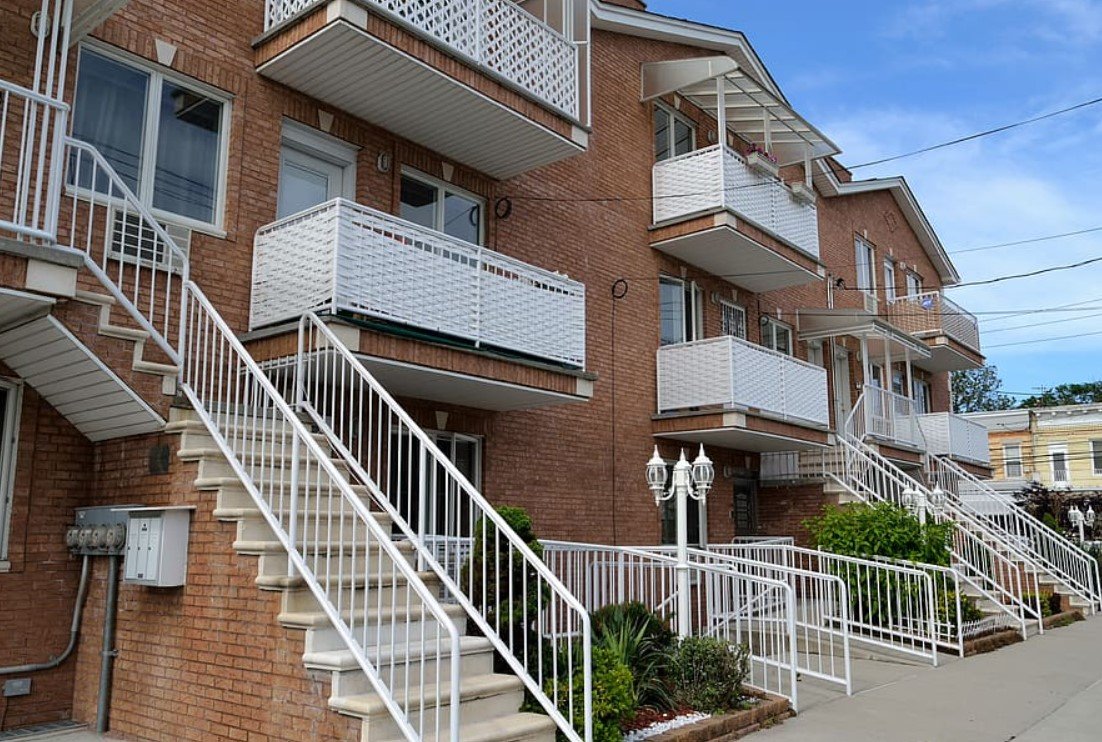New York City stands on the brink of potentially transformative changes to its property tax and housing voucher systems. Three pivotal court cases have emerged as the harbingers of what could be a seismic shift in the city’s approach to housing affordability and taxation.
The Legal Landscape
The New York State Court of Appeals has breathed new life into a lawsuit that could overhaul NYC’s property tax system. The suit, brought by Tax Equity Now New York (TENNY), alleges that the current system disproportionately taxes rental buildings and small homes in low-income areas compared to condos and co-ops in wealthier neighborhoods. This case, alongside two others, could lead to a significant policy shift, affecting countless New Yorkers.
The ruling has reignited discussions about the fairness of the city’s tax system, with implications for racial and economic equity. As the legal process unfolds, the city must grapple with the potential for legislative changes to address these long-standing disparities.

Housing Vouchers: A Settlement’s Impact
In a parallel development, a settlement reached on March 13 may reinstate housing vouchers for renters who were incorrectly terminated from assistance programs. The Legal Aid Society’s lawsuit against the NYC Department of Social Services highlighted the abrupt cutoff of eligible renters from the FHEPS and CityFHEPS housing voucher programs.
The settlement mandates a review of previous voucher-holders’ eligibility and updates to the city’s online case management system. This change aims to prevent future wrongful terminations, ensuring that vulnerable populations retain access to crucial housing support.
Taxation and Equity: A City’s Challenge
The court’s decision to allow TENNY’s lawsuit to proceed underscores the urgency of addressing inequities in NYC’s property tax system. With the city’s tax policy under scrutiny, the outcome of these cases could dictate the future of housing affordability and equitable taxation in New York City.
As stakeholders await the lower courts’ final determinations, the city faces a critical juncture. The path it chooses will not only shape its tax landscape but also reflect its commitment to fostering a just and inclusive society.








